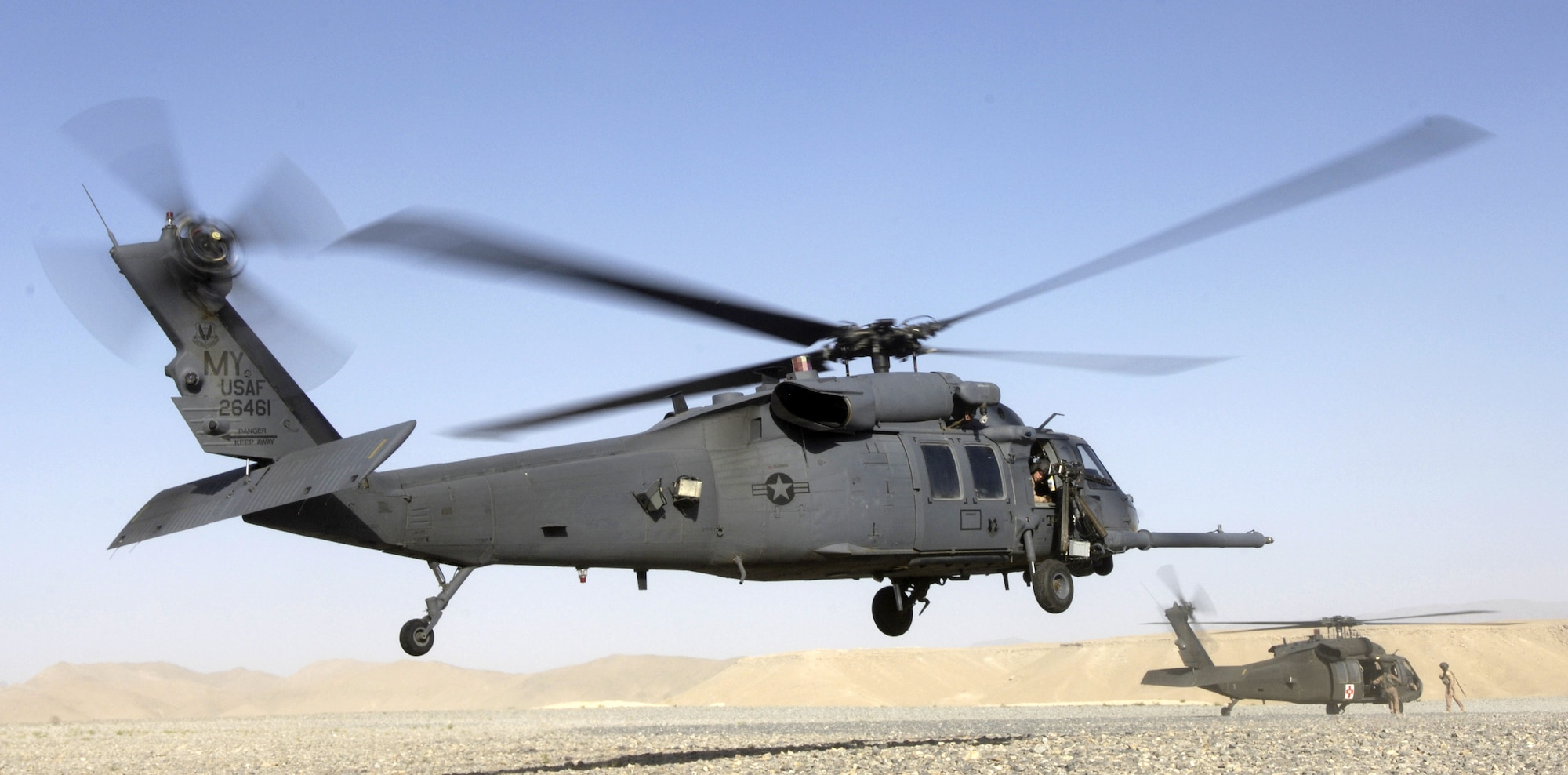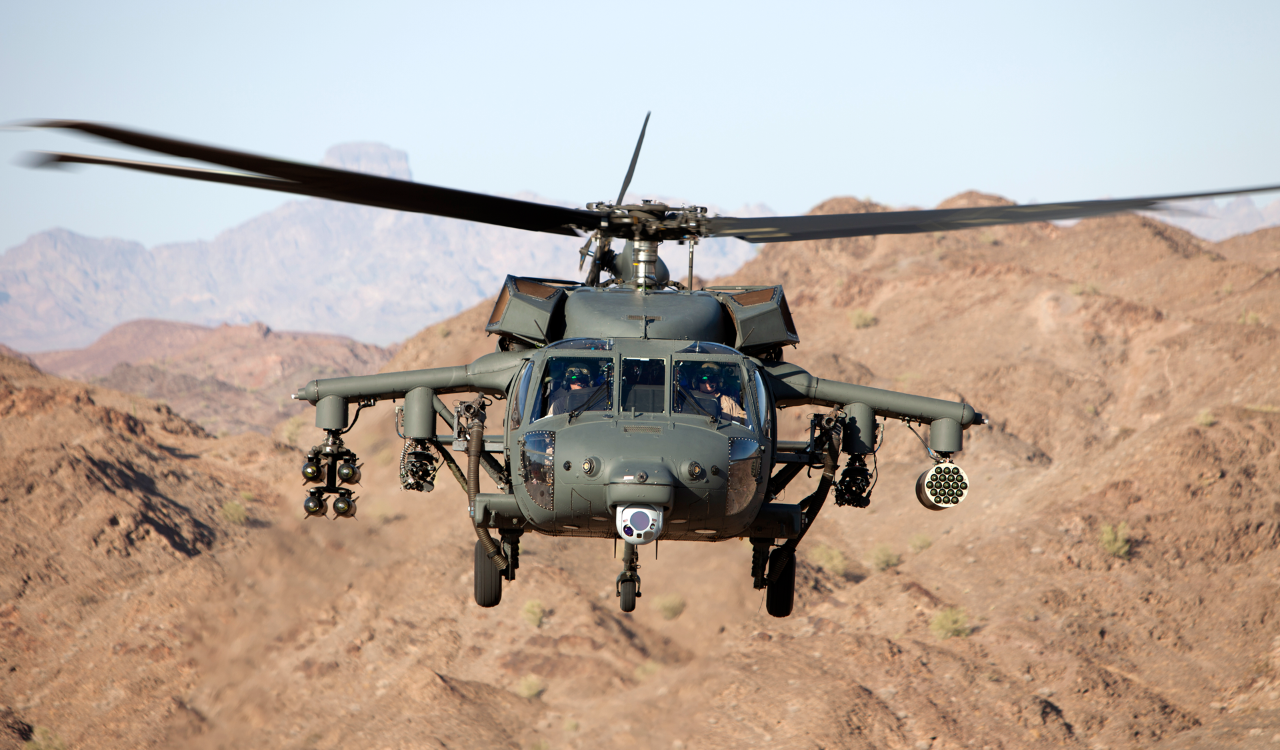Upkeep and Maintenance for UH 60 Helicopters
Upkeep and Maintenance for UH 60 Helicopters
Blog Article
The Impact of Sustainable Practices on the Future of Aircraft Operations and Emissions Decrease
As the air travel sector deals with enhancing analysis over its environmental influence, the adoption of sustainable practices arises as a vital path towards future aircraft procedures and exhausts decrease. Developments in sustainable air travel gas and innovations in hybrid propulsion innovations stand at the leading edge of this change, appealing considerable reductions in greenhouse gas exhausts. Nonetheless, the effective assimilation of these campaigns pivots on a selection of factors, including regulatory structures and industry collaboration. The concern continues to be: exactly how will these advancing practices reshape the dynamics of flight and add to a more sustainable future?

Review of Sustainable Practices
Lasting practices in aircraft procedures encompass a variety of methods focused on minimizing environmental impact while preserving functional effectiveness. These methods are necessary in the air travel sector's commitment to decreasing its carbon footprint and sticking to worldwide ecological criteria. Key efforts consist of maximizing trip courses to minimize gas usage, improving upkeep procedures to make sure airplane run at peak efficiency, and executing sophisticated modern technologies such as winglets and light-weight materials that boost the rules of aerodynamics.

Engaging and training team on sustainability methods also play an essential duty, cultivating a society of ecological obligation within companies. On the whole, the assimilation of these sustainable methods not only helps in reducing discharges yet additionally improves the long-lasting viability of the air travel industry, guaranteeing it meets the needs of both customers and governing bodies while adding to global sustainability goals.
Innovative Gas Alternatives
Numerous ingenious gas options are becoming crucial solutions to minimize the aviation market's reliance on conventional nonrenewable fuel sources. Amongst these options, Lasting Aviation Gas (SAFs) have acquired considerable focus as a result of their potential to lower lifecycle greenhouse gas exhausts by as much as 80% compared to traditional jet gas. SAFs are stemmed from numerous feedstocks, consisting of waste oils, agricultural deposits, and even algae, making them a flexible alternative for the market.
One more encouraging choice is hydrogen gas, which, when made use of in gas cells, creates only water vapor as a result. Additionally, electric propulsion systems are being discovered, leveraging battery modern technology to power aircraft.
Last but not least, biofuels stemmed from biomass are being explored, supplying a renewable option that can be combined with typical fuels. Collectively, these innovative gas choices stand for an essential action towards attaining a sustainable air travel ecological community, aligning with global emissions decrease targets and enhancing the market's environmental stewardship.
Technical Advancements in Aeronautics

Just how can technological improvements improve the future of air travel? Technologies such as electric and hybrid propulsion systems are at the forefront, promising significant decreases in gas consumption and greenhouse gas exhausts.
In addition, the application of advanced products, such as light-weight compounds, adds to enhanced aerodynamics and fuel effectiveness. The use of expert system and artificial intelligence in trip procedures maximizes route planning and decreases fuel shed by enabling real-time changes based on weather condition and web traffic conditions. Furthermore, the development of autonomous and remotely piloted aircraft systems stands to revolutionize cargo and guest transport, potentially increasing performance while reducing human error.
Furthermore, sustainable air travel technologies, including innovative air web traffic administration systems, can lower and streamline procedures congestion, resulting in lower emissions throughout trip. These improvements collectively stand for a paradigm shift in aviation, guaranteeing a future where sustainability and functional efficiency are intertwined, thus supporting the market's commitment to lowering its ecological influence.

Regulative Framework and Conformity
Because of the expanding focus on environmental stewardship within the air travel industry, the governing structure governing aircraft operations is progressing to advertise sustainable techniques. Regulatory bodies, such as the International Civil Aeronautics Company (ICAO) and browse around here numerous national aviation authorities, are presenting stringent guidelines focused on decreasing discharges and improving operational efficiency.
These policies often consist of the fostering of Lasting Aeronautics Gas (SAF), which has been recognized as a key component in accomplishing lower carbon footprints. Additionally, conformity with these regulations needs airline companies to implement operational techniques and sophisticated innovations, such as optimized flight courses and enhanced air website traffic monitoring, to decrease gas intake.
Additionally, the enforcement of discharges trading systems and carbon offsetting initiatives is ending up being increasingly prevalent, engaging airline companies to keep an eye on and report their discharges properly. Non-compliance can cause significant fines, hence pressing operators to prioritize sustainability in their business designs.
Eventually, the progressing governing landscape not just drives development and investment in environment-friendly innovations however additionally cultivates a culture learn the facts here now of responsibility within the air travel industry. As these structures remain to establish, the emphasis on sustainable practices will certainly be integral to accomplishing the field's long-term environmental objectives.
Future Fads in Aircraft Workflow
As the aeronautics market adapts to an increasingly rigorous regulatory atmosphere, future patterns in airplane operations are readied to concentrate on ingenious options that additionally enhance sustainability and performance - uh 60. Secret advancements will likely consist of the adoption of advanced air traffic monitoring systems, which make use of real-time data and expert system to optimize flight courses, decreasing gas consumption and emissions
An additional substantial pattern is the raised assimilation of lasting aviation gas (SAFs) These alternatives to traditional jet fuel, obtained from sustainable sources, can substantially reduce lifecycle greenhouse gas discharges. The market's commitment to SAFs will likely accelerate as airline companies team up with gas producers to ensure availability and cost-effectiveness.
Additionally, the press towards electrification and crossbreed propulsion systems is gaining energy. Arising airplane layouts will integrate these innovations, providing quieter and extra efficient operations, especially for short-haul flights.
Verdict
Finally, the combination of sustainable techniques in airplane procedures holds substantial potential for discharges reduction and enhanced performance. The adoption of sustainable aviation fuels, paired with advancements in electric and hybrid propulsion systems, is vital for decreasing lifecycle greenhouse gas discharges. Maximizing trip courses and welcoming innovative innovations add to a quieter and much more ecologically pleasant aeronautics field. Jointly, these initiatives line up with global sustainability goals and pave the way for a greener future in air travel.
Innovations in sustainable aviation gas and innovations in crossbreed propulsion innovations stand at the leading edge of this improvement, appealing significant reductions in greenhouse gas emissions.Various ingenious fuel alternatives are emerging as pivotal solutions to reduce the aeronautics sector's dependence on typical fossil fuels - uh 60. Amongst these options, Sustainable Aviation Gas (SAFs) have gained substantial interest due to their possible to reduce lifecycle greenhouse gas emissions by up to 80% contrasted to traditional jet fuels.An additional considerable trend is the boosted combination of lasting air travel gas (SAFs) The adoption of lasting air travel look at this web-site fuels, paired with innovations in hybrid and electric propulsion systems, is crucial for lessening lifecycle greenhouse gas discharges
Report this page